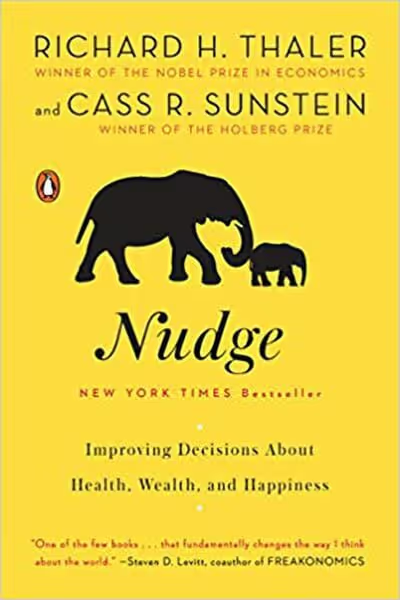Losing the Nobel Prize
What would it have been like to be an eyewitness to the Big Bang? In 2014, astronomers wielding BICEP2, the most powerful cosmology telescope ever made, thought they’d glimpsed the spark that ignited the Big Bang. Millions around the world tuned in to the announcement, and Nobel whispers began to spread. But had these cosmologists truly read the cosmic prologue or, driven by ambition in pursuit of Nobel gold, had they been deceived by a galactic mirage?
In Losing the Nobel Prize, cosmologist Brian Keating—who first conceived of the BICEP (Background Imaging of Cosmic Extragalactic Polarization) experiments—tells the inside story of BICEP2’s detection and the ensuing scientific drama. Along the way, Keating provocatively argues that the Nobel Prize actually hampers scientific progress by encouraging speed and competition while punishing inclusivity, collaboration, and bold innovation. To build on BICEP2’s efforts to reveal the cosmos’ ultimate secrets—indeed, to advance science itself—the Nobel Prize must be radically reformed.
Dream interpreters are widely available in person and online. Worst of all, your local newspaper likely has far more space dedicated to astrology than to astronomy.






















































